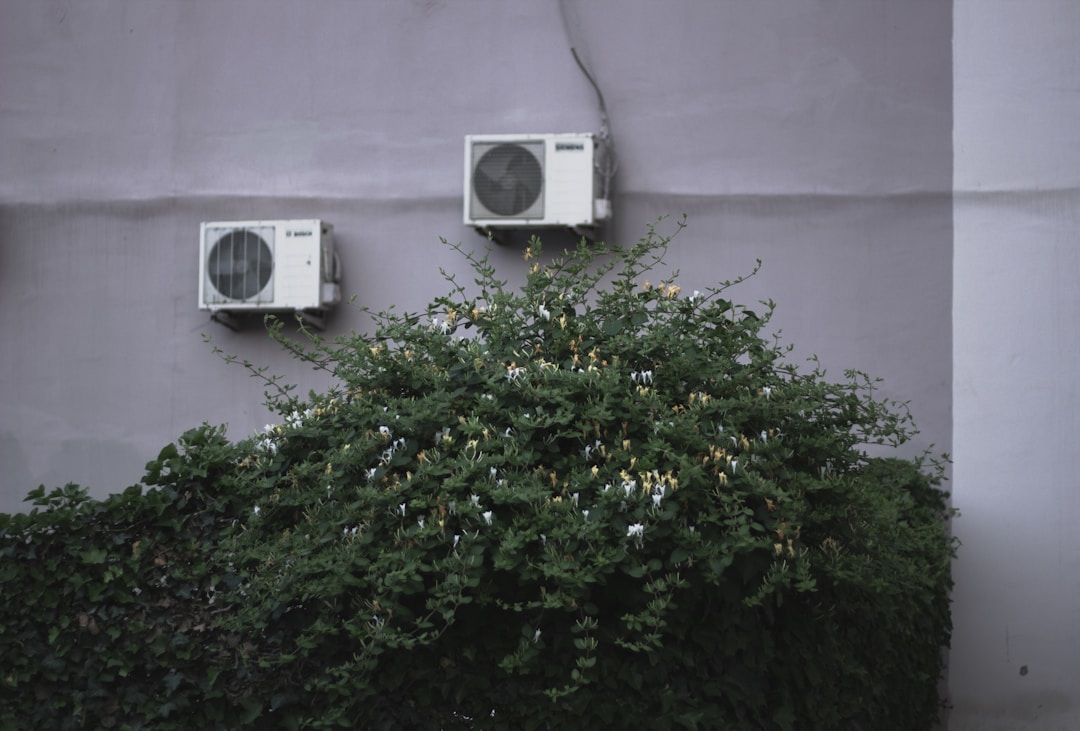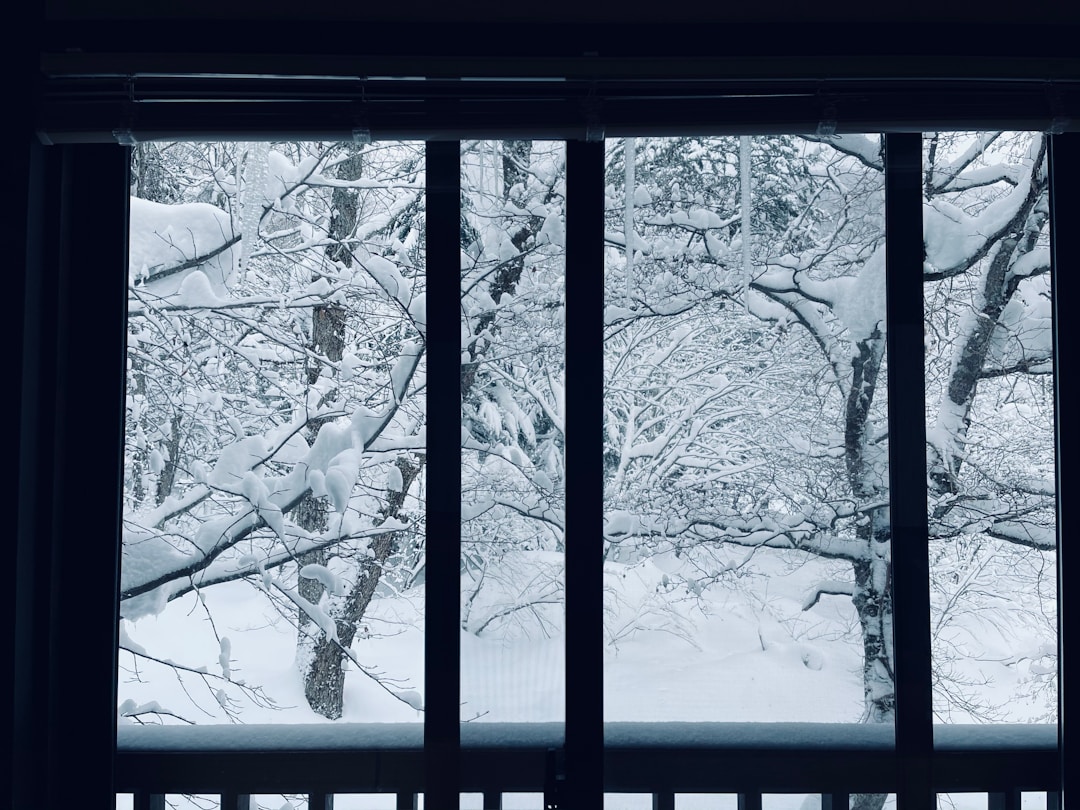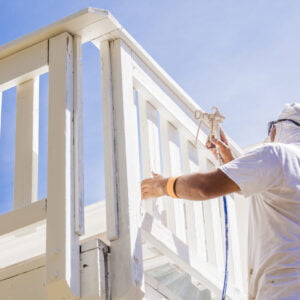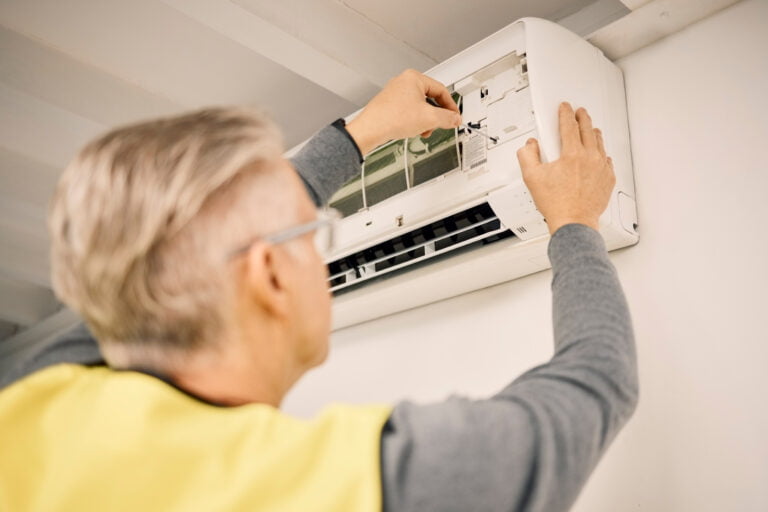Your home’s heating, ventilation, and air conditioning (HVAC) system plays a critical role in maintaining a comfortable atmosphere all year round. Be it the Harsh winters or simmering summers, it ensures that your sanctuary remains unaffected. Thus, maintaining your HVAC system is a priority, and this blog is dedicated to providing useful tips about the same. If you’re in need of some advice, then keep reading to unearth some valuable insights.
Understanding Your HVAC System

An HVAC system consists of multiple components that work in harmony to control temperature, humidity, and air quality in your home. The primary elements include an air handler, air conditioner, and heat pump. The air conditioner cools the house during summer while the heat pump takes care of the cold weather. The air handler, on the other hand, circulates conditioned air throughout the property. Therefore, understanding these basic concepts and mechanisms becomes the first step toward efficient maintenance.
Different homes have unique systems installed depending on various factors like climate, house size, and personal preference. For instance, some might prefer to install a ductless mini-split system while others may opt for traditional ducted systems. To understand your system better, you could also consult professionals like the team at Johns Plumbing, Heating, and Air Conditioning. They can assist with installation, repairs, and maintenance. If you suspect anything might be wrong, your best bet is to call a technician right away.
Another aspect of an HVAC system that one must be aware of is the energy ratings. Energy Star, for instance, is a certification that assures the equipment is energy efficient. Understanding the energy efficiency of your HVAC system can assist you with long-term cost savings. It’s always more sustainable to invest in superior, efficient equipment, which consumes less energy and hence results in lower bills.
Regularly Scheduled Maintenance
Regular servicing is integral to ensuring the longevity and efficient operation of your HVAC system. Often, homeowners neglect this aspect, leading to higher energy bills, increased repair costs, and lower life expectancy for the system. It’s recommended to service your HVAC system at least twice a year, once before the onset of summer and once before winter. During a typical HVAC maintenance visit, the service technician will inspect all components, clean the air filters, check the refrigerant levels, test safety controls and thermostats, inspect the compressor, and clean the indoor and outdoor coils, among other tasks.
The technician will also identify any potential issues that could lead to future malfunctions in your system. Timely maintenance helps in arresting such problems much before they escalate into significant failures. Getting a professional service is not just about resolving problems. It is also an opportunity to enhance the efficiency of the system. Experienced technicians often provide guidance on optimizing performance, which otherwise is challenging to achieve.
Replacing Air Filters

The air filters in your HVAC system are responsible for removing dust, allergens, and contaminants from the air to protect your indoor air quality. Hence, over a period, these filters can become dirty and clogged, impacting the efficiency of your system. Some people are not even aware that their systems even have filters. Regular replacement or cleaning of air filters (depending on the type) is a simple and compromising maintenance task that homeowners can undertake.
Typically, it’s suggested to replace air filters every three months. In some cases, if your home has pets or if someone in your household has allergies, monthly replacements may be necessary. These timelines may vary depending on the type of filter, the quality of indoor air, and regional climate conditions. Dirty filters obstruct the flow of air, forcing the system to work harder and consume more energy. This also results in uneven cooling or heating and can cause problems with indoor air quality. Hence replacing air filters is a cost-efficient way of maintaining your HVAC system health.
Thermostat Maintenance
The thermostat is a central component of your HVAC system for it is the control center. It determines when, how long, and at what temperature the air conditioning or furnace should operate. In this bent of thought, it’s surprising to know that many HVAC issues are not because of the system itself, but are due to problems with the thermostat. A faulty thermostat can cause your HVAC device to run unnecessarily, misread household temperatures, or even neglect to turn the system on at all.
Regularly checking the accuracy of your thermostat can identify any issues early. If your home still feels uncomfortable despite being set at an appropriate temperature, it may be an indication that your thermostat needs to be recalibrated or replaced. Now, smart thermostats are becoming increasingly popular. These devices can learn your schedule, adjust automatically, and even be controlled through mobile applications. This advancement can manage your HVAC system more efficiently, saving energy and money.
Insulating Your Home

No matter how efficient your HVAC system is, if your home is not well-insulated, you’re likely to experience inefficient cooling or heating. Proper insulation of your home is needed to minimize heat loss during winter or retain cool air during summer. This can be achieved through various measures, such as installing weatherstripping on doors and windows, ensuring the sealing of all air leaks, and rightly insulating the attic.
The type of insulation materials used is also essential. For instance, fiberglass, cellulose, or spray foam insulation are commonly used in residential homes. Each of these materials has its pros and cons, and a professional can guide you on the most suitable option for your home. Another aspect to be considered is the quality of windows. Energy-efficient windows can considerably reduce heat exchange and are thus a part of the insulation process.
Professional Checkups and Repairs
While some HVAC maintenance tasks can be taken care of by homeowners, it’s always advisable to have professional check-ups regularly. Experts can identify and fix issues beyond the capacity of homeowners, thus securing the long-term performance of the system. For instance, tasks such as checking coolant levels, handling electronic components, checking for leaks, and adjusting fan belts are best left to professionals.
Moreover, if your HVAC system is over ten years old, it might require various replacements, and some of these could be substantial investments. For old HVAC systems, it’s better to get a professional opinion before venturing into any big commitment.
Being proactive in scheduling professional checkups and repairs will keep wear and tear to a minimum and prevent the chances of huge repair costs. Remember, preventive maintenance is cheaper than reactive repairs.
Keeping the Outside Unit Clean

Finally, the cleanliness and maintenance of the outdoor unit of your HVAC system are as important as the indoor parts. The outdoor unit houses the compressor, which is responsible for converting the refrigerant from a gas to a liquid and sending it to the coils. Dust, dirt, leaves, and other outside elements can block the airflow through the outdoor unit and cause the system to malfunction. Homeowners can keep the area around the unit clear of debris, periodically clean the unit, and trim back shrubs to allow at least two feet of clearance around the unit.
Avoid using the area for storing garden furniture or tools. Furthermore, during winter, it may be a good idea to cover your unit or at least place a board on top of it to avoid snow entering the unit. Regular cleaning of the outdoor unit can not only help in maintaining the efficiency of your HVAC system but can also extend its lifespan. However, certain aspects of outdoor unit maintenance require professional assistance and should not be attempted without proper knowledge.
As this article demonstrates, maintaining your HVAC system is crucial for the comfort, air quality, and safety of your home. Here’s to hoping these tips will allow you to enhance the lifespan and effectiveness of your system while saving a noticeable amount of money and energy. This investment in your home and your quality of life will pay dividends for years to come. Follow our advice and you can be sure you’re taking the best possible care of your HVAC system.






